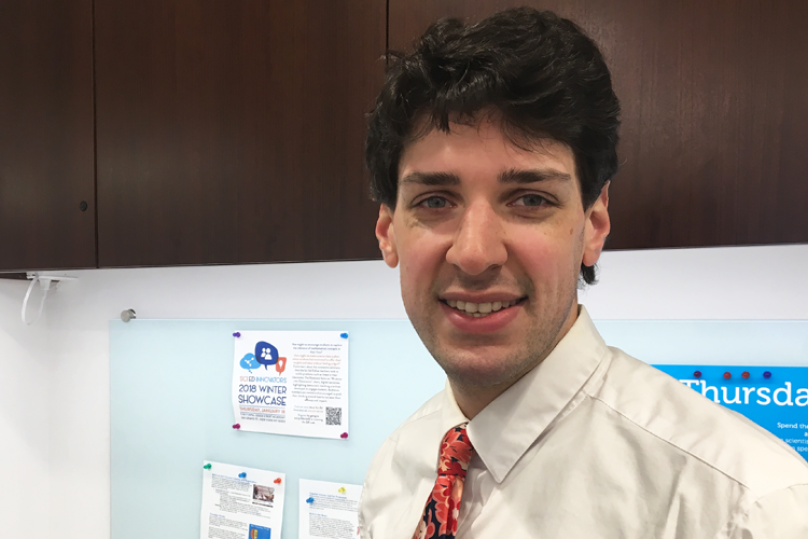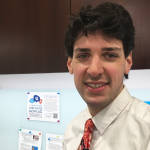
By MƒA Master Teacher Devin Sprague
Learning can be the source of a lot of frustration.
Many students report an experience where they memorized all the terms and concepts from a unit of study but find that they are unprepared for test questions that require them to explain the relationships between those concepts or apply the ideas to new situations. It is almost universal for teachers to have an experience where they implemented a promising new activity that led to lively discussion and a correcting of misconceptions on the topic, and yet a few days later many students ending up showing the same misconceptions they had when they entered. The expectation that a good lesson means that every student will walk out of class being able to correctly answer a summary question or flawlessly fill in an exit ticket is not respectful of the complexity of real learning and pushes teachers away from asking the most challenging and worthwhile questions.
The public might tell you that many struggling students are lazy and just need to try harder, or maybe that child “just isn’t a science person.” Editorial boards might claim a teacher is ineffective, that he or she failed to properly understand the students and their needs, or just needs to try harder. What is not often talked about is that learning is a complex process, an intricate series of biological and psychological processes that neuroscientists only partially understand.
Real learning requires not only sustained effort, but trial and error, positive reinforcement, self-confidence, perseverance, and creativity, among other things. Learning is hard.
At a minimum, learning requires students to decode what they are hearing or reading, break down the concept into pieces that they can try to form a mental image around, consider how the concept fits with what they already know or think they know, revise the larger picture that they have in their minds by which they think about the subject, practice summarizing the idea, check for misconceptions, practice applying the idea, look for more errors, incorporate feedback, and then do that over and over as they gradually add more pieces to the puzzle that makes up their base of knowledge. Learning is a process.
Teachers can push back on outdated and oversimplified views of learning and pose problems that require students to thoughtfully explore far below the surface of a concept, even if everything that comes up in the class discussion does not “click” for every learner right away. Students can work towards appreciating that gaps in knowledge are unavoidable when approaching a new idea and internalize that making mistakes is an essential part of the learning process. School leaders can free teachers from having to walk the fine line between asking rigorous questions but being impugned if most of the class cannot cohesively answer all such questions at the end of the period. Informed citizens and commentators can avoid the temptation of judging learning by single, isolated data points that capture some snapshots of surface-level understanding but leave unexamined a large part of the real picture.
I propose that we – educators, students, politicians, editorial boards, and society at large – make a commitment to honoring the complexities of the learning process. Let us talk openly about what learning is and is not and try to see struggling not as a sign of failure (poor studying or poor teaching), but as a necessary part of the process. Let us avoid the temptation of educational panaceas: there is no magic bullet that will make misconceptions vanish, make every student pass the test, or make deep understanding of a topic happen overnight.
